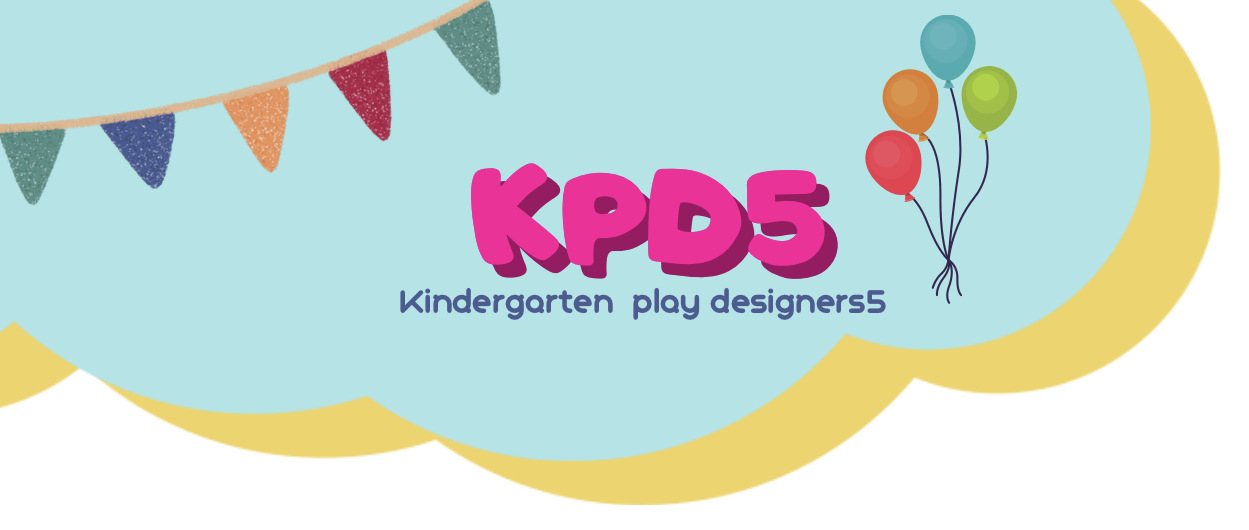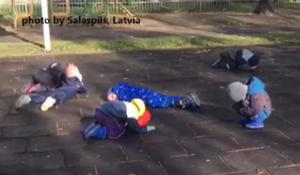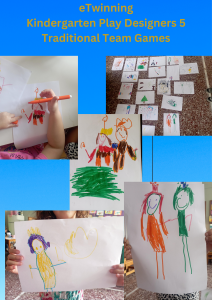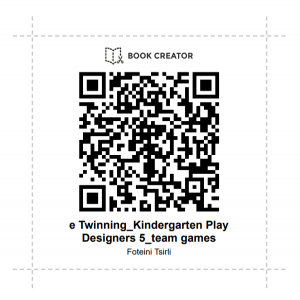Group games play a crucial role in the development of preschool-aged children. These activities go beyond mere entertainment; they contribute to various aspects of a child’s physical, social, emotional, and cognitive development.
Group games provide opportunities for preschoolers to interact with their peers. Through these interactions, children learn valuable social skills such as sharing, taking turns, cooperation, and teamwork. They also develop a sense of belonging to a group.
Participating in group games encourages children to communicate with one another. They learn to express themselves, listen to others, and follow instructions. These early communication skills are essential for future academic and social success.
Group games offer a context for children to experience a range of emotions, from joy and excitement to disappointment and frustration. Learning to manage these emotions in a supportive environment is crucial for emotional development.
Many group games involve physical activity, which is essential for the development of gross and fine motor skills. Running, jumping, throwing, and catching are all movements that contribute to a child’s physical coordination and strength.
Group games often involve rules and structure, helping preschoolers develop cognitive skills such as problem-solving, strategic thinking, and understanding cause and effect. These activities also enhance memory and concentration.
Many group games encourage imaginative play and creativity. Whether it’s pretending to be different characters or creating new rules for a game, preschoolers have the opportunity to use their imagination and think creatively.
Provide opportunities for children to practice self-control and develop self-regulation skills. Waiting for a turn, following rules, and managing frustration are all aspects of self-regulation that are reinforced through group play.
Through conversation, storytelling, and interactions with peers and teachers during group games, preschoolers enhance their language skills. They learn new words, practice sentence construction, and improve their overall language proficiency.
Often incorporate elements of culture, whether it’s traditional songs, dances, or games from different backgrounds. This exposure helps children develop an appreciation for diversity and fosters cultural awareness.
Successfully participating in group games boosts a child’s self-esteem and confidence. Mastering new skills, overcoming challenges, and receiving positive reinforcement from peers and teachers contribute to a child’s growing sense of competence.
In conclusion, group games in preschool are not just a form of entertainment; they are integral to a child’s holistic development. These activities provide a rich and dynamic environment for learning and socialization, laying the foundation for future academic and social success.
Spain – ESCOLA ESPIGA
«Monkey monkey»
Children sit down in a circle and one is «It». «It» says colors (or any other word’s group…food, animals…)and when he or she says «Monkey monkey» the chosen child stands up and tries to catch «it». «It» sits down on his/her place. It is a fantastic game to practice vocabulary.
Latvia, SALASPILS, 1. PRESCOOL
«Mr. Bean, what time is it?»
The leader of the game (Mr. Bean) calls a number, so the others go forward. When the game master says, «Time for lunch!», everyone runs away while the game master tries to catch someone.
Greece – 48TH KINDERGARTEN OF ATHENS
TO MANTILAKI (THE HANKY)
The children sit in a circle. A child holding a hanky, turns around. The children are singing. The child throws the hanky to a child who must pick it up, get up and chase the child who threw it. He has to run and get to his seat in time.
Greece - 15 TH KINDERGARTEN PTOLEMAIDA, GREECE 2ND CLASS
KING, KING MAKE A JOB!
A child becomes king. The rest shout to him all together – King, king with twelve swords! What job? Answers the king – Laziness. And the guys say – Let’s get to work! The children try to show with signs and movements to the king, a job they decided beforehand, to do. The king has to guess the job.
Greece – 1ST KINDERGARTEN OF MOURIKI
«THE WORM»
All children sit in a circle. The kindergarten teacher or a child is the head of the worm. This moves to the beat of the music. Then the child stops in front of a friend and opens his legs. Then the child who was sitting in the circle passes under the legs of the worm. This is done until all the children pass under the feet and create the biggest worm.
Greece – AMARANTWN KINDERGARTEN
First, gather all your friends and have them form a circle, one girl and one boy. Choose a midwife. Let the midwife make the following circuit around this circle. Let the people in the circle sing the album along with the midwife.




